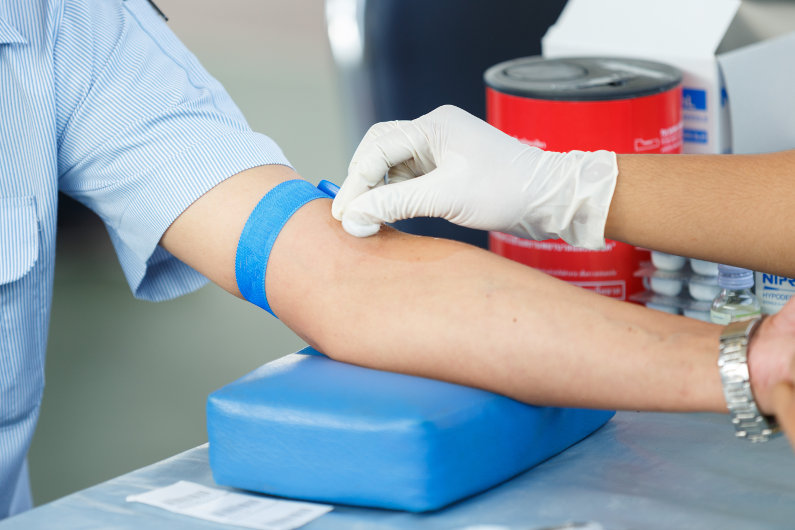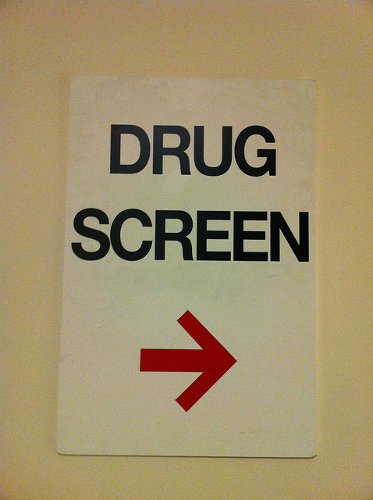If you run a business, unless you work alone, you are going to have to hire employees. These days, it’s important to note that hiring employees isn’t just about reading their resumes and asking a few point questions at an interview. Nowadays it is quite common – and a very good idea – to administer drug test kits as part of the screening process for potential employees.

The drug problems in the workplace
Drug abuse in the workplace is unfortunately a growing problem, costing companies a great deal in terms of time and resources. Often, those who are involved in drug abuse will also resort to other illegal activities such as theft, which can lead to them stealing from the company to support their habit.
That’s why it is becoming increasingly common for employers to test applicants for illegal drugs. It is much more economical to spend a few dollars on a drug test kit than to spend hundreds or even thousands of dollars later in terms of time lost, injury, accidents, health care costs and loss recovery at the hands of an employee who is abusing drugs.
Drug test options
Essentially, there are two types of drug tests: laboratory tests and drug test kits.
Lab tests require a sample to be collected and then sent to a laboratory for analysis, whereas drug test kits can be administered by anyone (no need for a nurse, etc.) and the results can be easily read and interpreted by anyone on the spot. Because these drug test kits can analyze saliva, there is no need for privacy in terms of the sample collection (as opposed to a test that requires a urine sample, although those are widely available and used, too).
Drug test kits are just as reliable as laboratory tests, and are much more convenient to use during the employee screening process.
These kits can test for a wide variety of drugs and combinations thereof. Typically, employers should be testing potential employees for amphetamines, THC (the active ingredient in marijuana), opiates (codeine, morphine, etc.) and cocaine. At-work drug kits can accurately detect the presence of all of these. Generally, these drugs stay in the system for between 2 to 14 days, depending on the person and the particular drug used.

What if an employee doesn’t want to do it?
If you are going to administer drug tests to potential employees, it’s important to understand that there are several ways that an employee can attempt to evade a drug test. This is particularly common with urine samples, which can quite easily be manipulated to pass a drug test. That’s why many employers opt for saliva tests, which cannot be manipulated.
Conclusion
Business owners these days have a lot to consider when hiring new employees. Part of determining whether a person is suitable for the job is testing them for the presence of drugs in their system. If a test comes back positive, that person is probably too much of a risk to hire.
